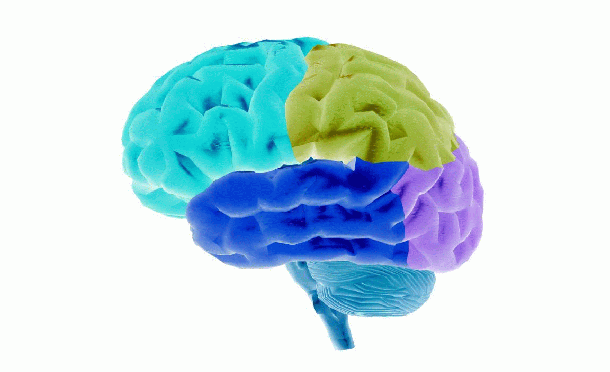|
Introduction Data Tools Publications Further resources Contact us |
|||
 |
Melbourne Brain Genome Project
|
||
|
Teaching Research Ethics in the Age of AI: A Guide for Universities
Artificial intelligence has reshaped how research is conducted and presented. From automated data analysis to AI-assisted writing, technology has become deeply woven into the academic process. Yet with this transformation comes a new challenge — maintaining ethical standards in an environment where originality can easily be compromised. Teaching research ethics in the age of AI has become essential for every institution that values academic honesty and intellectual growth. The rise of AI tools has blurred the line between authentic student work and machine-generated content. Text generators, paraphrasing systems, and summarization algorithms can all produce work that appears original, but without proper ethical guidance, students may unintentionally cross the boundaries of academic integrity. Universities now face the dual responsibility of embracing technological progress while ensuring that students understand when and how it is appropriate to rely on AI. Educators must take an active role in shaping these discussions. It is not enough to warn students about plagiarism — they must be guided to understand the importance of their intellectual voice and the role of AI as a supportive, not substitutive, tool. Conversations about ethical decision-making and critical thinking should accompany technical training, helping students navigate complex questions about authorship, responsibility, and originality. The foundation of ethical research in the digital era lies in understanding that technology amplifies human capability but does not replace human integrity. Universities should work to instill the principles of honesty, transparency, and respect for intellectual property. When students use AI for research, they must be taught to disclose its involvement and to interpret results critically rather than passively accepting machine output. Equally important is the role of technological safeguards in promoting ethics. Reliable originality detection tools help maintain trust in academic processes. Platforms such as Originalityreport.com allow students and educators to verify the uniqueness of written work while learning about proper citation and responsible research practices. These systems act as educational companions rather than disciplinary instruments, fostering awareness and accountability across all levels of academia. Institutions that integrate AI ethics into their research culture demonstrate leadership and foresight. Establishing clear guidelines on the responsible use of AI tools helps protect academic reputation and ensure fairness in evaluation. When students understand that technology must serve, not substitute, human creativity, they become more reflective and disciplined researchers. Ethical AI policies also support educators, giving them the framework to discuss issues such as data privacy, authorship, and algorithmic bias within their teaching. Students today are more open to ethical learning when they are treated as partners rather than subjects of control. Transparency about how originality is assessed and why it matters encourages a culture of trust. When universities provide access to educational tools such as Originalityreport.com, they send a clear message that the goal is not to punish mistakes but to prevent them through knowledge. This approach empowers students to take ownership of their work and appreciate the value of authenticity in both academic and professional life. As artificial intelligence continues to advance, the ethical dimensions of research will only become more significant. Teaching research ethics in the age of AI is not simply about enforcing rules; it is about cultivating awareness, responsibility, and respect for the creative process. Universities that integrate ethical thinking into their technological practices prepare their students for a future where innovation and integrity coexist.
|
Last modified on the 12th November 2025. |
||